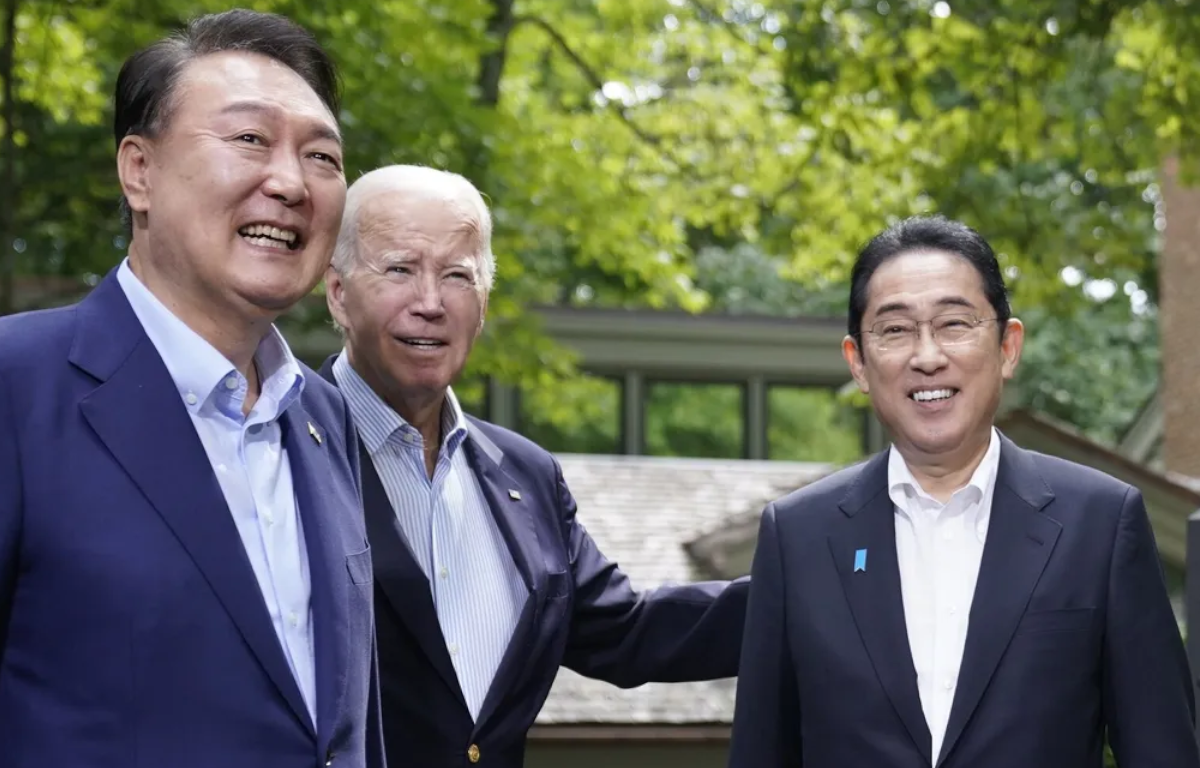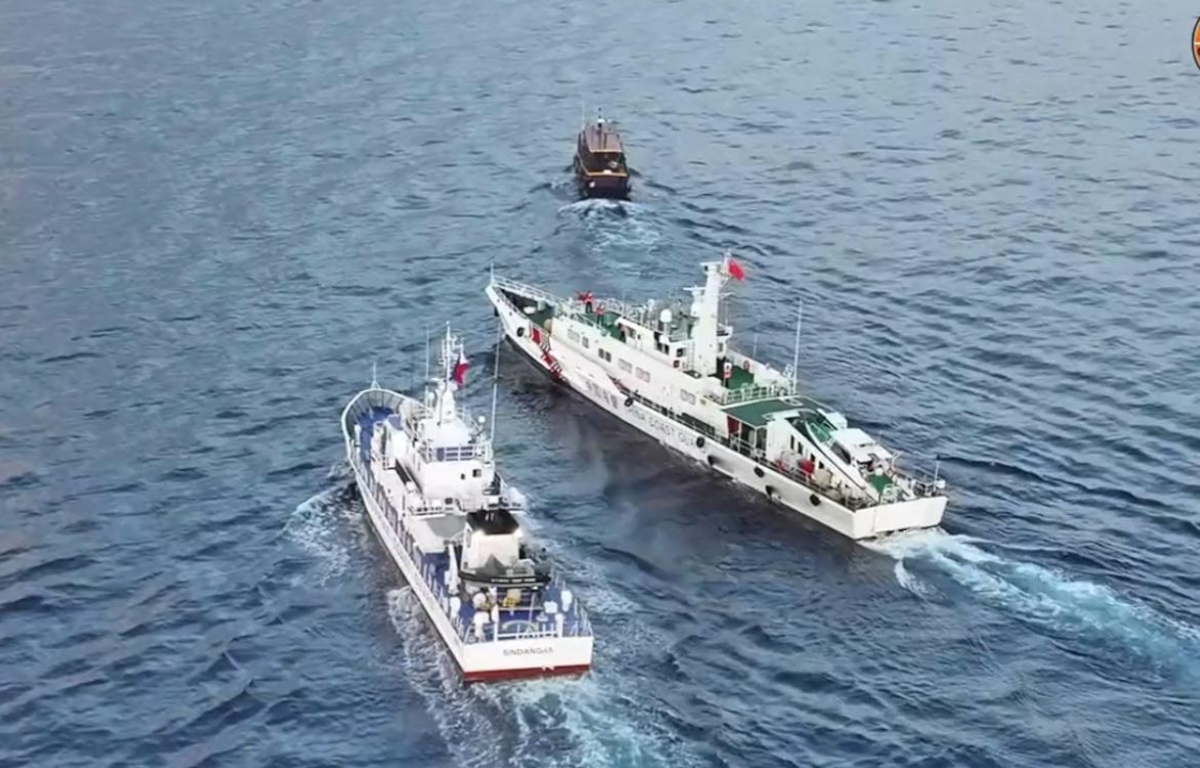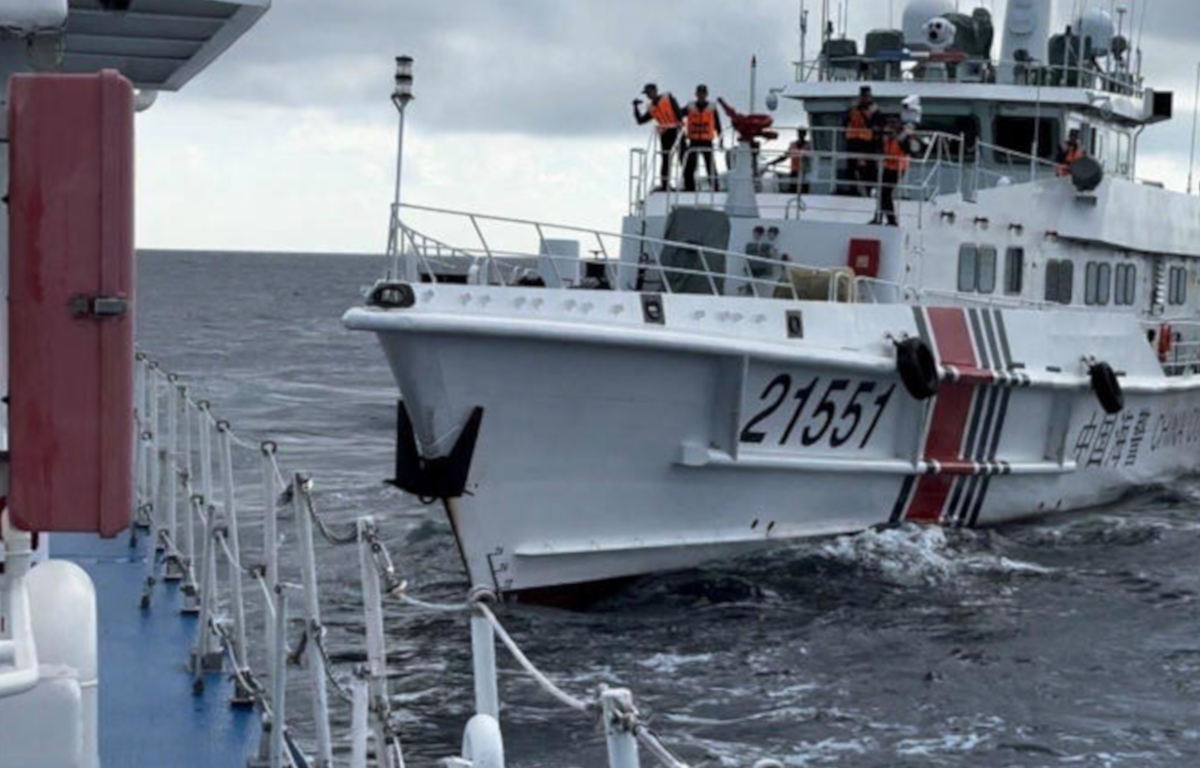
One of the most prominent Asian hot spots is the West Philippine Sea, where territorial disputes have persisted for years, involving nations such as China, the Philippines, Vietnam, and Taiwan. The rule of law in this region faces a unique set of challenges, including the assertion of maritime claims and access to critical waterways. Tensions have often flared in this strategic waterway, highlighting the complexity of applying the rule of law in a high-stakes geopolitical environment.
In the West Philippine Sea, as in many hot spots, political interests and security concerns often overshadow the pursuit of justice and accountability. The delicate balance between upholding international law, as laid out in the United Nations Convention on the Law of the Sea (UNCLOS), and addressing national sovereignty and territorial claims makes it a complex case for the rule of law.
The West Philippine Sea is also marked by diverse cultural and ethnic contexts, with multiple nations staking their claims. This diversity can make the application of a uniform legal framework a formidable challenge, as each nation seeks to protect its interests and historical ties to the region.
Historical complexities further complicate the establishment of legal systems that enjoy the trust of all parties involved. The legacy of colonialism and unresolved issues from the past contribute to the ongoing tensions and disputes in the region.
Efforts to promote the rule of law in the West Philippine Sea include international mediation and diplomacy, with organizations like the United Nations playing a pivotal role in facilitating dialogue and conflict resolution. Human rights advocacy groups work to highlight violations and promote justice and accountability. Legal reforms in some nations aim to address the root causes of conflict and instability, while education and awareness campaigns foster a deeper understanding of the rule of law among local populations.










Share this: